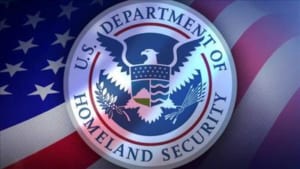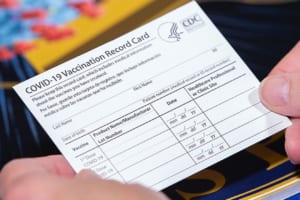 On February 24, 2020, the U.S. Citizenship and Immigration Services will implement the agency’s new rules for inadmissibility on public charge grounds.
On February 24, 2020, the U.S. Citizenship and Immigration Services will implement the agency’s new rules for inadmissibility on public charge grounds.
The final rule outlines some of the criteria on how the Department of Homeland Security (“DHS”) will determine whether a foreign national is inadmissible to adjust status from a non-immigrant (including foreign nationals who have entered the United States on K-1 fiancé/fiancée visas) to a lawful permanent resident because the foreign national is likely to become a public charge.
The new requirements indicate that legal immigrants who have received public benefits such as Supplemental Security Income, Temporary Assistance for Needy Families, Supplemental Nutrition Assistance Program, Medicaid, and public housing assistance for more than a total of 12 out of 36 months from being ineligible for permanent residency. In addition to the public benefits criteria, DHS may also look at the health, educational background, and number of applicants adjusting status to determine whether the applicant(s) are likely to become a public charge in the future.
The new rule will not affect those who currently have lawful permanent resident status (green cards).
Within the last few days the U.S. Department of State has followed with its own criteria to be implemented; therefore, the new rule may affect individuals and their families from being able to obtain green cards in the U.S. as well as those applying for immigrant visas at U.S. Embassies and Consulates.
For more information on the new public charge rule, contact us and schedule a consultation session with a U.S. immigration lawyer in Ho Chi Minh City, Manila and Taipei.
ENTERLINE & PARTNERS CONSULTING
Ho Chi Minh City, Vietnam Office
Ad: 3F, IBC building, 1A Cong Truong Me Linh Str., District 1, HCMC, Vietnam
Tel: +84 933 301 488
Email: info@enterlinepartners.com
Facebook: Enterline and Partners-Đầu Tư Định Cư tại Mỹ
Website: http://enterlinepartners.com
Manila, Philippines Office
Ad: Unit 2507 Cityland 10 Tower 1, 156 H.V. Dela Costa Street, Makati City, Philippines 1209
Tel: +632 5310 1491
Email: info@enterlinepartners.com
Facebook: Enterline and Partners Philippines
Website: https://enterlinepartners.com/language/en/welcome/








